Coronary Heart Disease (CHD) is the leading cause of death in the United States, accounting for 1 in every 4 deaths (1). It claims over 370,000 lives in the U.S. annually and contributes significantly to the $1 billion a day that America spends on medical costs and loss of productivity costs associated with cardiovascular diseases (2). This is an incredible amount of money and lives lost to a preventable disease.
CHD occurs when the arteries leading to and from the heart become hardened and narrowed due to a buildup of a waxy substance known as plaque. The process of this buildup is known as ‘atherosclerosis’ and generally occurs gradually as we age. Over time this plaque can harden or rupture, reducing or blocking the flow of oxygen-rich blood from the heart and resulting in either a heart attack or angina. Most people are unaware of the fact that they have a heart disease until this point.
Recent scientific advances have established that inflammation plays a key role in mediating all stages of CHD from the initiation of atherosclerosis to the resulting heart attacks or anginas (3). Additionally, the structure and function of the artery epithelial lining also plays an important role as studies have found that when it is dysfunctional it may lead to the initiation of plaque (4).
This provides an exciting opportunity to use natural therapies and foods to heal the body. We recommend a two pronged approach - the first is to focus on adding anti-inflammatory foods, herbs and supplements. The second is to ensure that the body has access to all of the necessary building blocks for healthy arterial lining.
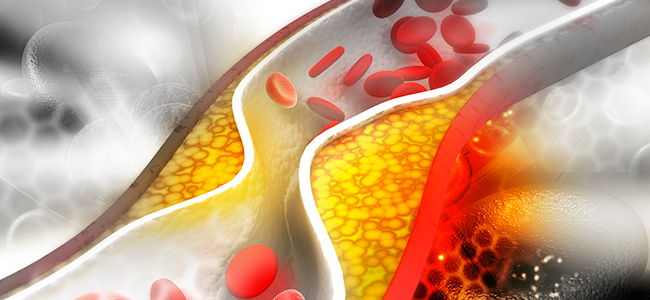
Causes
Major contributing factors in CHD include systemic inflammation, poor diet, lack of physical activity, chronic stress, smoking, being overweight or obese, high blood pressure, high cholesterol levels and having diabetes or insulin resistance. Male gender, family history of heart disease and age are also associated with increased risk of CHD.
High Blood Pressure (Hypertension) is a major risk factor for a heart attack or stroke.
Classification of Blood Pressure
-
Optimal systolic under 120, diastolic under 80 mm Hg
- Normal systolic 120-129, diastolic 80-85 mm Hg
- Borderline high blood pressure (prehypertension) systolic 130-139, diastolic 85-89 mm Hg
- Mild high blood pressure systolic 140-159, diastolic 100-109 mm Hg
- Moderate high blood pressure: systolic 160-179, diastolic 100-109mm Hg
- Severe high blood pressure: systolic 180 or over, diastolic 110mm Hg or over
Symptoms
- Chest pain (which may extend to your back, neck or jaw) that feels like someone is squeezing or pressing down on the area.
- Shortness of breath
- Pain or numbness in your sternum, neck, back, arms or stomach
- Fatigue
- Heart attack
- Stroke
- Hypertension
- Arrhythmias
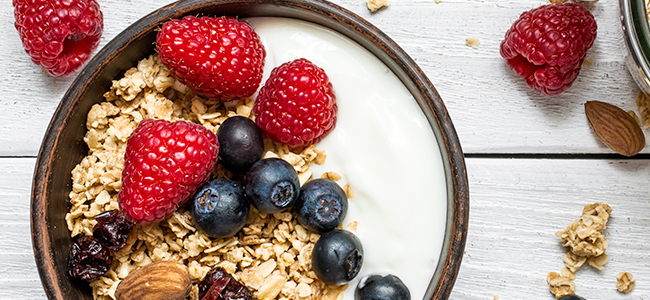
Treatment
If you are on any medications please check with your practitioner about possible interactions before making dietary changes.
Nutritional Guidelines For Healing
- Fish & Omega-3 rich foods - Consume more wild-caught fish such as salmon or trout and also plant-based forms such as flax and chia seeds (you can easily add these seeds to smoothies or sprinkle over salads). These foods are high in omega-3 fatty acids which are the ultimate anti-inflammatory food! (5) A recent study found that daily intake of omega-3 rich food or supplementation resulted in improved vascular function and an overall decrease in inflammation (6).
- Oats & High Fiber Foods - Boost your intake of oats, legumes, Brussels sprouts, oranges and flaxseeds. These foods are high in fiber, which is a component of many plant-based foods that is resistant to digestion in the body. Fiber has been shown to protect against the progression of atherosclerosis and therefore reduce the risk of a cardiovascular disease event occurring. (7)
- Antioxidant Superfoods - Drink green tea daily, eat more berries and try an elderberry tincture. These foods are all incredibly rich in antioxidants, which help to counteract inflammation and prevent the progression of atherosclerosis (8)
- Add Celery, Garlic and Onions - Garlic in particular for high blood pressure as it contains 3-n-butylphthalide, a compound found to lower BP. (16)
- Cook With Healing Herbs & Spices - Add turmeric, ginger & cayenne pepper to your meals whenever possible. These spices contain potent anti-inflammatory components which help to reduce systemic inflammation which is a large underlying cause of CHD. Garlic is also commonly used to slow the progression of CHD as it can lower cholesterol, inhibit platelet aggregation, reduce blood pressure, and increases antioxidant status (9)
- Eat More Nuts & Seeds - Have a small handful of nuts or seeds daily. Try adding them into smoothies, salads or making our amazing paleo breadwhich is loaded with almond meal (10). Higher consumption of nuts and seeds has an inverse relationship with the incidence of CHD.
Herbal, Superfood & Supplement Therapy
- Coenzyme Q10 - Take 100 mg, twice daily. Coenzyme Q10 (CoQ10) is an antioxidant that provides protection and support for the heart. It specifically helps to improve and normalize the structure and function of arteries which reduces the presence of atherosclerosis (11).
- Vitamin C - Take 500 mg - 1000 mg of a wholefood Vitamin C supplement daily. Vitamin C plays a number of important roles in the structure and function of our arteries. Studies have found that supplementing over 500 mg of Vitamin C per day improves the function of blood vessels, particularly arteries in those with higher cardiovascular disease risk (12).
- Magnesium - Take 300 mg of magnesium chelate per day. Magnesium deficiency is increasingly common in today's society as it is decreasing in our food supply. Low intake has been linked to an increased risk of atherosclerosis and not surprisingly supplementation has been found to improve artery function which can in turn reduce plaque build-up (13).
- Essential Fatty Acids - Take 1,000 - 4,000 mg of a supplement that is high in essential fatty acids, such as quality fish oil or flax oil each day. Regular intake of fish oil supplements has demonstrated positive effects in reducing inflammation and protecting against atherosclerosis and heart disease (14).
Mind/Body
- Reduce Stress - use some or all of the below techniques to achieve a reduction in your stress levels. Stress can be the cause of high blood pressure in many instances, however, this can be more to do with the response to than the actual stress itself.
- Visualization/Meditation - Regular practice of this Mindfulness technique will provide a variety of opportunities to benefit your health. Use our visualizations including those of Jon Gabriel will not only help to reduce your risk of CHD but improve all aspects of your well-being.
- Morning Gratitude Practice - This is something that is so simple, yet can be life-changing. When you wake up, find a quiet place and write down five things you are grateful for. This is a great way to reposition your mindset for the day, which can help to reduce stress and boost happiness.
- Get Active - Exercise provides a host of benefits for those with heart conditions. It helps to improve blood flow, oxygenate cells, balance blood sugar levels and moods. If your practitioner has recommended gentle exercise try a gentle yoga class, tai-chi or walking. Yoga, in particular, has been shown to reduce the risk of heart disease by improving blood pressure, plasma cholesterol and blood sugar (15). Even as little as 20 minutes of mild-moderate exercise, like walking 3 times per week, has a blood pressure lowering effect. (17)
- Essential Oils - Essential oils can help to reduce inflammation in the body. Add essential oils like ginger or frankincense to a carrier oil like almond or coconut oil and rub on your chest daily. You might like to do this before your gratitude practice so the oil can act as an anchor for your mindset of gratitude. Whenever you are feeling stressed or unhappy throughout the day, simply rub the oil on your skin and it will act as an anchor, reminding you of everything you are grateful for! You can find out more about the essential oils we recommend here.
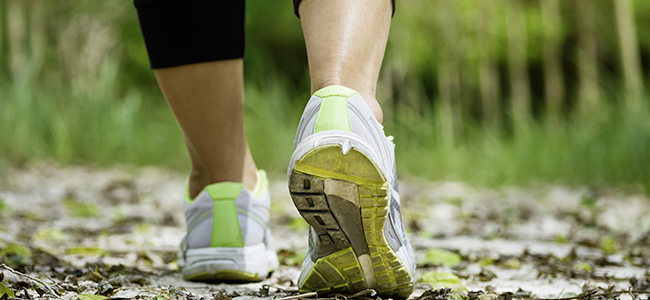
Programs
Ready to make a change but not sure where to start? Take your pick from a range of inspiring programs tailored to your specific goals. Our guided programs include everything from meal plans, guided meditations, sleep, cleansing and more. They'll support and empower you to improve your health and be the best you can be!
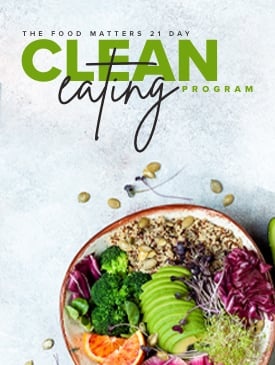
Food Matters 21 Day Clean Eating Program
This is a great program if you want to transition to a healthier lifestyle but are not sure where to start. This wholefood program is filled with delicious recipes that are so quick, easy & affordable that anyone can do it!
Find Out MoreResources
At Food Matters we believe that education is an essential aspect to any healing process. The more we know, the more we are empowered to make change and understand how to decode the messages our bodies are telling us. Here are some suggested resources for you to check out to support you on this journey.
Films
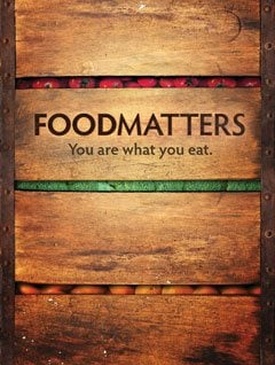
Food Matters
You Are What You Eat
Food Matters is a hard-hitting, fast-paced look at our current state of health. Despite the billions of dollars of funding and research into new, so-called cures, we continue to suffer from a raft of chronic ills and everyday maladies. Patching up an over-toxic and over-indulgent population with a host of toxic therapies and nutrient-sparse foods is definitely not helping the situation.
Read MoreReferences
1. National Center for Chronic Disease Prevention and Health Promotion, Division for Heart Disease and Stroke Prevention. 2017, Aug.
2. The CDC Foundation. 2015, Aug.
3. Inflammation and Atherosclerosis. 2002;105 (9): 1135-1143.
4. Molecular Aspects of Medicine. 2003, Feb; 24 (1-3): 137-146.
5. Atherosclerosis. 2006, Nov; 189 (1): 19-30.
6. Atherosclerosis. 2010 Oct; 212(2): 580-5.
7. Am J Clin Nutr. 2003 Dec; 78 (6): 1085-1091.
8. Atherosclerosis. 2006 Jul; 187(1): 1-17.
9. J. Nutr. 2006, Mar; 136 (3): 736S-740S.
10. Current Atherosclerosis Reports. 1999, Oct; 1 (3): 204–209.
11. Atherosclerosis. 2012, April; 221 (2): 311-316.
12. Atherosclerosis 2014; 235(1): 9-20.
13. Molecular Aspects of Medicine. 2003; 24 (1–3): 137-146.
14. Clinical Cardiology. 2009, July; 32 (7): 365–372.
15. International Journal of Cardiology. 2014; 173 (2): 170–183
16. D Tsi, BKH Tan, Cardiovascular pharmacology of 3-n-butylphthalide: (Phytotherapy Research 1997) 576-582
17. WD Moreira, FD Fucha, The effects of two aerobic training intensities on ambulatory blood pressure. (Journal of Clinical Epidemiology 1999) 637-652
This article is provided for your general information only and is not intended to be a substitute for independent professional advice, particularly medical advice, diagnosis or treatment. You should always seek medical advice from a qualified health practitioner which takes into account your personal circumstances, general health and medical conditions.







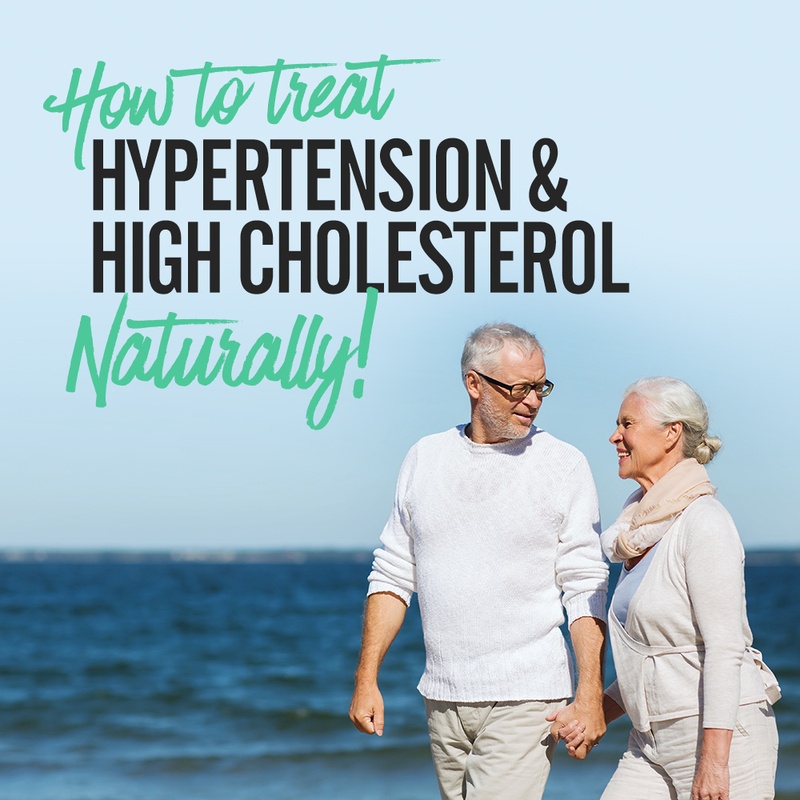


Was this article helpful?
Comment below to let us know!